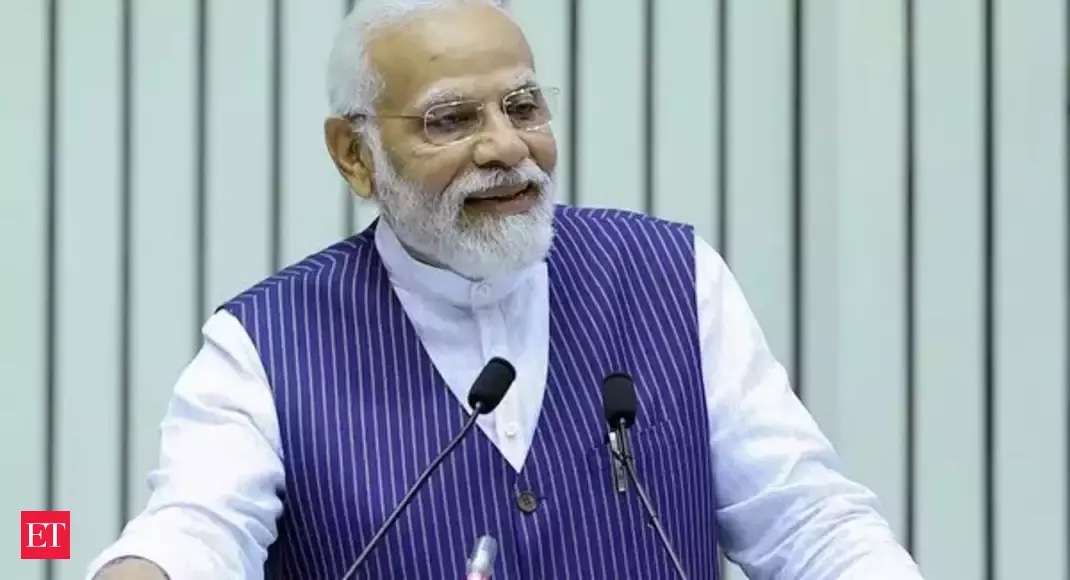
India Sees Remarkable Progress in Human Development, UN Report Reveals » Capital News
March 15 – The United Nations’ Human Development Index (HDI) report for 2022 reveals significant improvements in India’s key development indicators. The average life expectancy in India has risen to 67.7 years, marking a notable increase from 62.7 years recorded a year earlier.
Moreover, the gross national income (GNI) per capita has surged to $6951, reflecting a substantial jump of 6.3 percent within a span of 12 months. The report also highlights a rise in the expected years of schooling to 12.6 years per individual.
With an overall HDI score of 0.644 in 2022, India finds itself ranked 134th out of 193 countries in the UN’s report for 2023/24, placing it within the ‘medium human development’ category. Notably, this marks a positive shift from the previous year, following a period of stagnation in preceding years. Comparatively, India’s HDI score in 1990 stood at 0.434, reflecting a commendable increase of 48.4 percent over the years.
The HDI measures average achievements in three fundamental dimensions of human development: longevity, education access, and standard of living. Caitlin Wiesen, the United Nations Development Programme’s country representative, acknowledges India’s remarkable progress in these areas. Since 1990, life expectancy at birth has increased by 9.1 years, expected years of schooling have seen a growth of 4.6 years, and mean years of schooling have expanded by 3.8 years. Additionally, India’s GNI per capita has witnessed a remarkable growth of approximately 287 percent.
Furthermore, the report highlights India’s strides in reducing gender inequality, with a Gender Inequality Index (GII) of 0.437, surpassing the global average. India ranks 108th out of 166 nations in the GII list, showcasing notable progress in reproductive health, empowerment, and labor market participation. Despite the positive trends, there remains a 47.8 percent gap in labor force participation rates between men and women.
Ms. Wiesen emphasizes the need for continued efforts towards women-led development to unlock socio-economic progress and foster a more equitable future for all. The government attributes these improvements to a decisive agenda aimed at women’s empowerment through various policy initiatives focused on long-term socio-economic and political development.
However, the global HDI values have witnessed a decline for the second consecutive year, signaling a concerning trend exacerbated by the ongoing impact of the COVID-19 pandemic. The UN underscores the widening inequality between rich and poor countries, posing a significant challenge to achieving the Sustainable Development Goals (SDGs) by 2030. Efforts to address these disparities and promote inclusive development are imperative to steer the world back on track towards achieving a ‘very high’ HDI by 2030.
